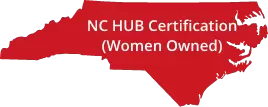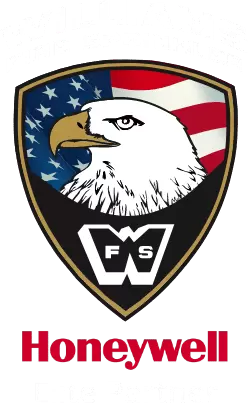Your Guide to Life & Fire Safety Protection
As fire safety protection experts, we know our clients may have a million questions when it comes to the more complicated aspects of protecting against fire or gas leak.
Home Safety Tips
The most common security threat to your home is burglary. A burglary happens in the U.S. every 15 seconds according to the FBI. Most home and apartment burglaries occur during the daytime when residents are at work or school.
Protect Your Property
Use high quality Grade-1 or Grade-2 locks on exterior doors to resist twisting, prying and lock-picking attempts. A high-quality deadbolt lock with a beveled casing will hamper the use of channel-lock pliers that can shear off lock cylinder pins. A quality door knob-in-lock set will have a ”dead latch” mechanism to prevent slipping the lock with a shim or credit card.
Select the following for your home or business:
- Solid core or metal door for all entrance points.
- Deadbolt lock with a one-inch throw bolt.
- Knob-in-lock set with a dead-latch mechanism.
- Four-screw, strike plate with 3-inch screws to penetrate into a wooden door frame.
Make Theft More Difficult
- Get a monitored alarm system with an exterior siren.
- Use the window stickers your alarm installer provides you. They will help deter a criminal intrusion into your home or business before it happens.
- Always lock your doors and windows.
- Put deadbolt locks on external doors.
- Change locks when you move.
- Install keyed window locks.
- If you must give out an alarm code to a guest or service worker, call your alarm company to set up a special guest code. Ask them if your security system can be set up to only allow one entrance to be used with the guest code. Change the guest code every six months.
Perform Maintenance, Testing & Inspections of Life Safety Systems
- Fire Sprinkler - Performance Maintenance, Tests & Inspections in accordance with NFPA and AHJ requirements.
- Fire Alarm - Performance Maintenance, Tests & Inspections in accordance with NFPA and AHJ requirements.
- Security Alarm - Performance Maintenance, Tests & Inspections as required to insure that it is operating properly.
General Fire Safety Tips
- Check your fire alarm batteries every six months and test each device.
- If possible, get a monitored fire alarm system hooked up to your alarm system and use a battery backup power set up.
- Install a carbon monoxide detection system. Carbon monoxide poisoning is an avoidable household tragedy but you need a detector as carbon monoxide is odorless and colorless.
- An automatic fire sprinkler system is recommended for protection along with a fire alarm system.
- Make sure you have fire extinguishers throughout your house.
- Create and practice a fire evacuation plan for your family. Contact your local fire department for details on how to set up the best plan for your home and geographic location.
Call Williams Fire Sprinkler at (252) 792-8196 today for more information on any of these topics. You can also request a consultation today.

